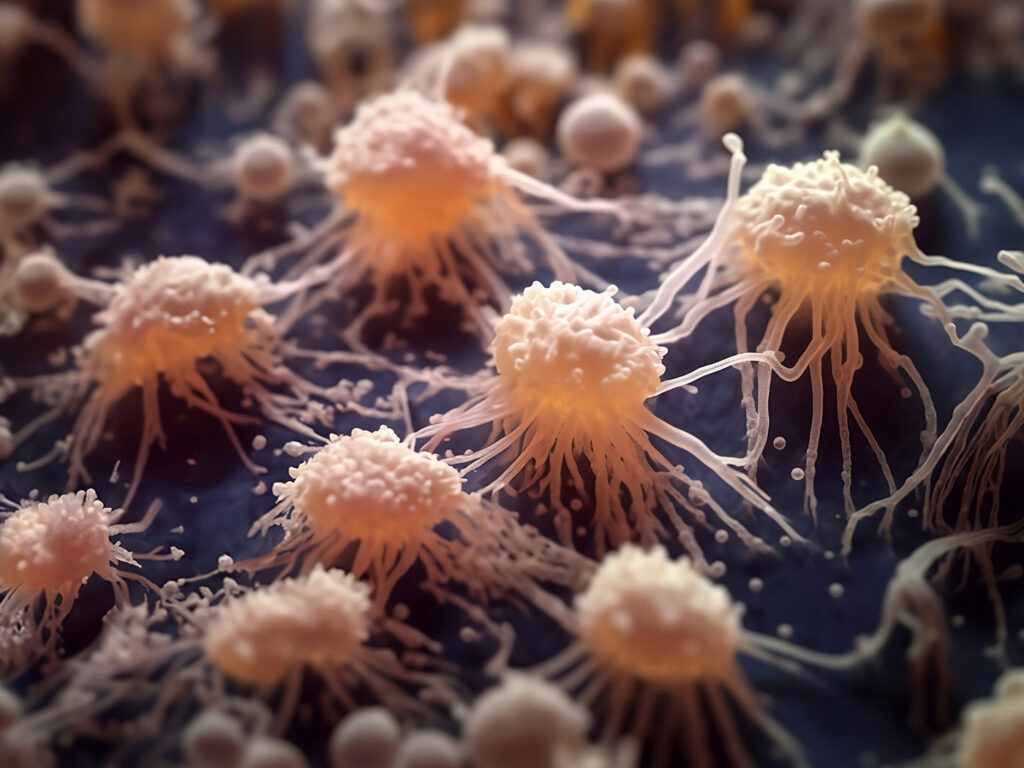Traditional cell cultures and animal models fail to fully capture the cellular diversity, tissue architecture, and signaling networks that drive disease progression and therapeutic resistance. That’s why three-dimensional (3D) platforms like organoids, which can accurately recreate the cellular heterogeneity and microenvironmental context of native tissues, are becoming increasingly important in the context of oncology, infectious disease, and other research areas.
In this GEN webinar, two experts in the field will highlight the powerful potential of organoid platforms to unearth hidden details of complex disease mechanisms. Amanda Linkous, PhD, will describe how her team created 3D organoid models of the human lung and brain that helped them capture tumor-tumor and host-tumor interactions that underlie brain metastasis in patients with lung cancer. Hannah Nicholson will describe how her group developed the first chicken lung organoids derived from adult chicken stem cells. These organoids provide a physiologically relevant 3D model for studying how avian influenza viruses evolve and interact with their hosts.
Webinar attendees will learn:
- How organoid systems can reveal fundamental tumor–host and virus–host interactions that are often obscured in traditional models.
- How organoids effectively capture the cellular heterogeneity and microenvironmental context underlying tumor progression and viral adaptation.
- Approaches for using organoids to investigate the mechanisms of lung cancer metastasis to the brain.
- Insights from chicken lung organoids on viral entry, replication, and the evolutionary potential of high-pathogenicity viral strains.
A live Q&A session will follow the presentations, offering you a chance to pose questions to our expert panelists.
Produced with support from:

